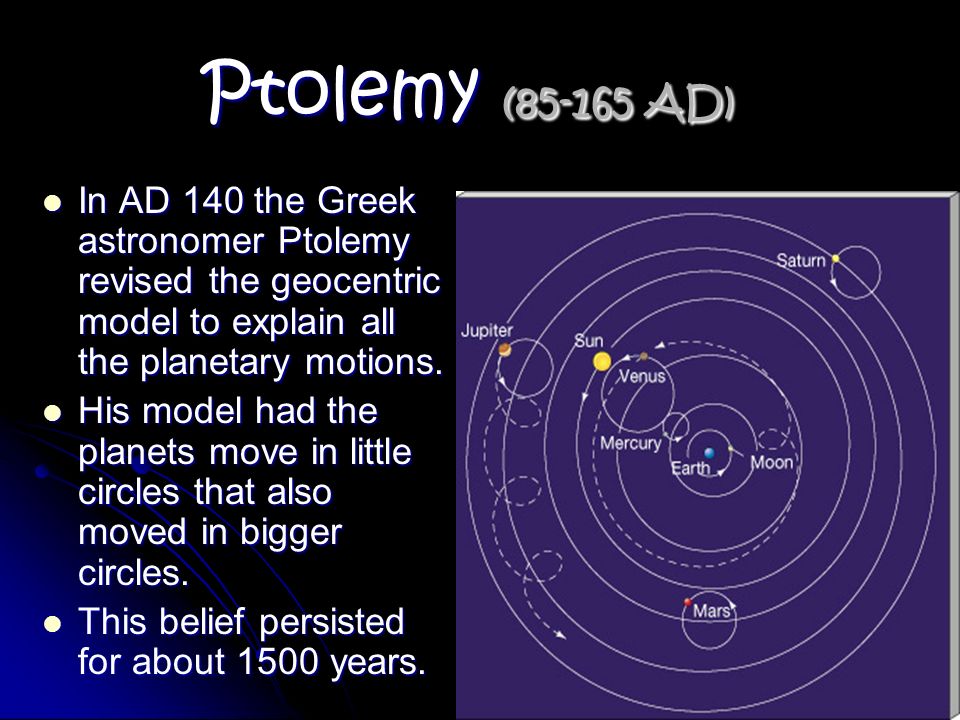waybread
Well-known member
I've done some more thinking on this topic since my earlier posts. So far, here's where I'm at:
1. The Babylonians used signs but no houses. So far as I know, you really can't find anything resembling our house systems in their omen literature or astrology.
2. The Greeks initially had a lore of constellations and seasonal changes, which they used for astro-meteorology and scheduling agricultural activities. They probably got the concept of signs as pie-sectors of the heavens from the Babylonians. Their early star lore was not astrology and did not use houses.
3. The Egyptians had a religious belief system of the rising and setting sun, deceased pharaohs, and subsequently any soul passing through a series of stations guarded by gates and gods. Their religion was so old and so varied over time and space that there was no single unified narrative of the journey of the souls of the dead. However, given the relationship of the houses to the diurnal motion of the sun, it is suggestive if not conclusive to consider the Egyptians as originators of the astrological houses. Deborah Houlding, Houses: Temples of the Sky also takes this view.
The Egyptian calendar relied heavily on the rising of asterisms. These subsequently were modified as astrological decans.
It is interesting that Valens and Firmicus Maternus give a lot of credit to esoteric Egyptian lore, notably the figures of the scribe Petosiris and King Nechepso. Even if their works were pseudopigraphical, the astrologers generically point to an Egyptian religious origin for much of their craft.
I still have a lot to learn about ancient Egyptian religion, but I can suggest some of my "findings" and correspondences between Egyptian lore and the content of houses. For example, I think the 8th became the house of death because in the diurnal method of time-keeping it corresponded to the blazing heat of late afternoon, and was associated with the death-dealing scorpion goddess. (Think about the Egyptian climate in summer! Not a good time to be in the scorching sun.)
4. Probably someone or a group of someones in and around Hellenized Alexandria Egypt began to "connect the dots" of using both signs and houses.
I don't think it is accurate to say that signs and houses were identical back-when. If I'm right, they had different historical-cultural origins. However, we do see some overlaps. The third "house of brothers" could correspond to Gemini, the twins, for example.
More later....
1. The Babylonians used signs but no houses. So far as I know, you really can't find anything resembling our house systems in their omen literature or astrology.
2. The Greeks initially had a lore of constellations and seasonal changes, which they used for astro-meteorology and scheduling agricultural activities. They probably got the concept of signs as pie-sectors of the heavens from the Babylonians. Their early star lore was not astrology and did not use houses.
3. The Egyptians had a religious belief system of the rising and setting sun, deceased pharaohs, and subsequently any soul passing through a series of stations guarded by gates and gods. Their religion was so old and so varied over time and space that there was no single unified narrative of the journey of the souls of the dead. However, given the relationship of the houses to the diurnal motion of the sun, it is suggestive if not conclusive to consider the Egyptians as originators of the astrological houses. Deborah Houlding, Houses: Temples of the Sky also takes this view.
The Egyptian calendar relied heavily on the rising of asterisms. These subsequently were modified as astrological decans.
It is interesting that Valens and Firmicus Maternus give a lot of credit to esoteric Egyptian lore, notably the figures of the scribe Petosiris and King Nechepso. Even if their works were pseudopigraphical, the astrologers generically point to an Egyptian religious origin for much of their craft.
I still have a lot to learn about ancient Egyptian religion, but I can suggest some of my "findings" and correspondences between Egyptian lore and the content of houses. For example, I think the 8th became the house of death because in the diurnal method of time-keeping it corresponded to the blazing heat of late afternoon, and was associated with the death-dealing scorpion goddess. (Think about the Egyptian climate in summer! Not a good time to be in the scorching sun.)
4. Probably someone or a group of someones in and around Hellenized Alexandria Egypt began to "connect the dots" of using both signs and houses.
I don't think it is accurate to say that signs and houses were identical back-when. If I'm right, they had different historical-cultural origins. However, we do see some overlaps. The third "house of brothers" could correspond to Gemini, the twins, for example.
More later....


